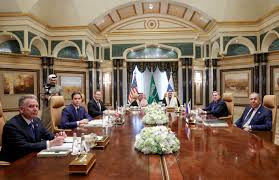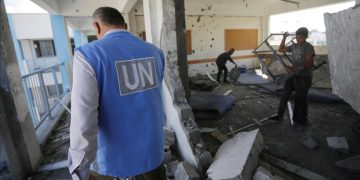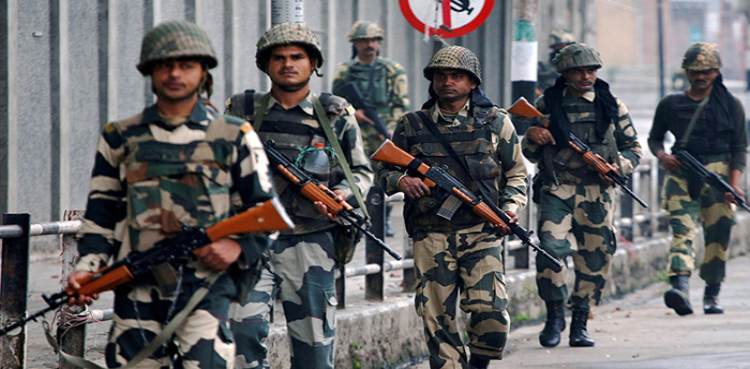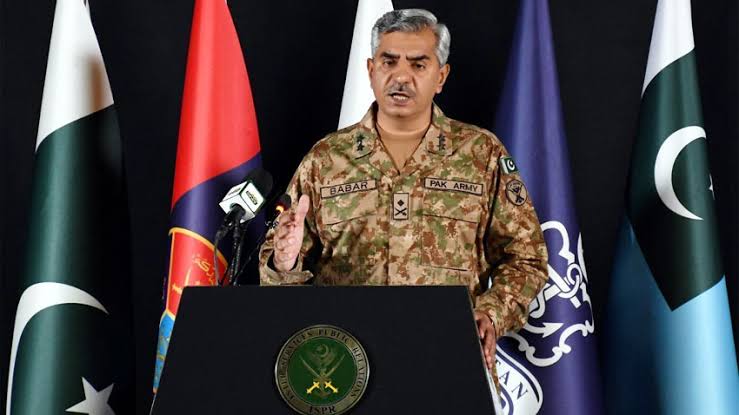Karachi’s NA-249 by-election has shed light on dreadful aspects of our existing electoral system and politics. While I’m writing this piece, the Election Commission of Pakistan (ECP) has ordered a vote recount on PML-N’s request and by when this will be published, recounting of votes would’ve been completed. The result of this vote recount is of no interest to me as it doesn’t matter who wins or loses in this constituency; my interest, however, lies with aspects that will remain unaffected by the result of this by-election.
Let’s start with Miftah Ismail’s request to ECP which was approved by the latter. In his request, Miftah Ismail had demanded ballot papers and other essential material to be handled under the supervision of the Army or Rangers. It is pertinent to know that apart from being PML-N’s candidate in the constituency, Miftah Ismail is a key party leader who plays a significant role in the formulation of party policies and more importantly propagation of the party’s narrative. PML-N’s narrative or better yet Nawaz Sharif’s narrative represented by the slogan ‘Vote ko izzat do’ (give due respect to vote) which eventually culminates with allegations arguing that in Pakistan establishment obstructs democratic process; ‘instead of respecting people’s vote, establishment enforces its own will and manipulates electoral process and hence establishment must be kept at bay from interfering in politics and electoral process. PML-N overwhelmingly advocated this narrative throughout the 2018 general elections. This narrative is still being pushed and propagated by PML-N. Party founder and supremo Nawaz Sharif has taken a polarized stance on the issue adopting stern language during his speeches which have left patriotic Pakistanis in disquietude. In a contradictory move, it’s astonishing that Miftah Ismail who has supported Nawaz Sharif’s narrative expressed his lack of trust over civilian authorities demanding Rangers and Army to be involved in the electoral process instead.
The question that arises is that whether Miftah Ismail’s move should be interpreted as the defeat of PML-N’s narrative or acknowledgement of the fact that politicians are not ready to trust each other along with civilian institutions. Despite innumerable concerns against the establishment, they still trust the very institution they hold reservations against. Is this their narrative’s defeat or acknowledgement…? Only PML-N knows, but it’s certain that their approach is contradictory and hypocritical.
Another aspect highlighted by the NA-249 by-election is that of low voter turnout. How can an election in which the winning candidate managed to secure merely 16,156 votes, can be interpreted as a reflection of the country’s democratic system? And how can the candidate winning such an election can be called a people’s representative? Such a low turnout in a constituency with more than 300,000 voters, on one hand, isn’t it a tragedy that the winning candidate who failed to secure a notable majority of votes, will now represent the constituency due to the single factor that the total votes were left divided amongst various other candidates. Such electoral victories are against the true essence of democracy and democratic principles. This situation can be addressed with the implementation of proportional representation; however, parties supporting the status quo are not prepared to accept and adapt to such drastic change in wake of the fact that it is impossible to develop a consensus on minor issues, changes.
The significantly low voter turnout in the Na-249 by-election also indicates Karachiites’ disappointment over the political system and political parties. People’s decision to refrain from utilizing their right to vote is not ‘irresponsible’ but is a reflection of their increasing despondency. Karachi’s increasing woes and citizens’ being left unheard has resulted in increasing disappointment and discontent regarding political leadership and political parties – a fact reflected in the current by-election. Political leadership, democratic system, changes via the electoral system and the power of vote are in fact a ray of hope for the people; it alarming if the people are let down by political parties and electoral system, and is a point of concern for politicians. This constituency is a representation of the whole of Pakistan as it is home to a large population of Muhajir community along with Punjabi, Pashtun and other ethnic and linguistic groups. Hence, people’s decision against using their voting rights not only represents the constituency’s sentiments, in fact, but it is also a reflection of the socio-political stance of people across Pakistan.
The NA-249 by-election reminds us to address the much needed electoral reforms that are aimed at ensuring a transparent election that will restore people’s faith in the electoral system. The government is striving to address this issue and has made serious efforts in this regard. Only if opposition parties display some seriousness and responsibility, we can finally be freed from the post-election hullaballoo, allegations and controversies.















































